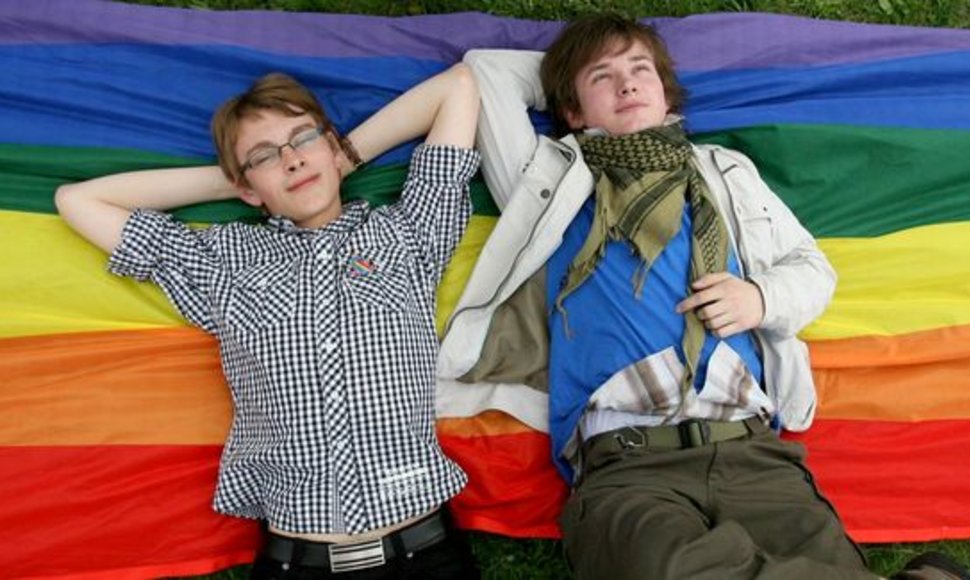On Wednesday, the court heard an appeal by the Lithuanian Gay League against Vilnius authorities' decision to ban the march through central Gedimino Avenue.
Edvardas Varoneckas, head of Vilnius Municipality's Legal Department, told the court that the march through the Lithuanian capital's main street would be impossible as it would run counter to the requirement to hold pickets and rallies at a certain distance from state institutions and courts. Moreover, he said, traffic would have to be stopped and cafes will have to be closed during the event, leading to losses for businesses.
"In our opinion, all evidence has been presented that no human rights are violated and, on the contrary, attempts are being made to implement them," Varoneckas said.
Representing the organizers, lawyer Vytautas Mizaras said that the failure by the municipality to reach an agreement on the location "clearly violates the principle of equality and consciously discriminates against the social group of people with non-standard sexual orientation."
"This case is a huge step towards ensuring the right to association for all groups in the society, without exception. We have trust and belief in the court that the ruling will be favorable to us, and we believe that it would be one step closer to effective protection of human rights in Lithuania," Tomas Vytautas Raškevičius, a project manager at the LGL, said.
The march is planned for July 27.
The march organizers believe they should be allowed to march through a street where marches and demonstrations often take place.
The first gay march in Lithuania took place in 2010, which was also preceded by court hearings on the march location and permission to hold it. The march itself took place eventually, with several hundred people marching through a heavily-guarded territory in the presence of around a thousand protesters.












